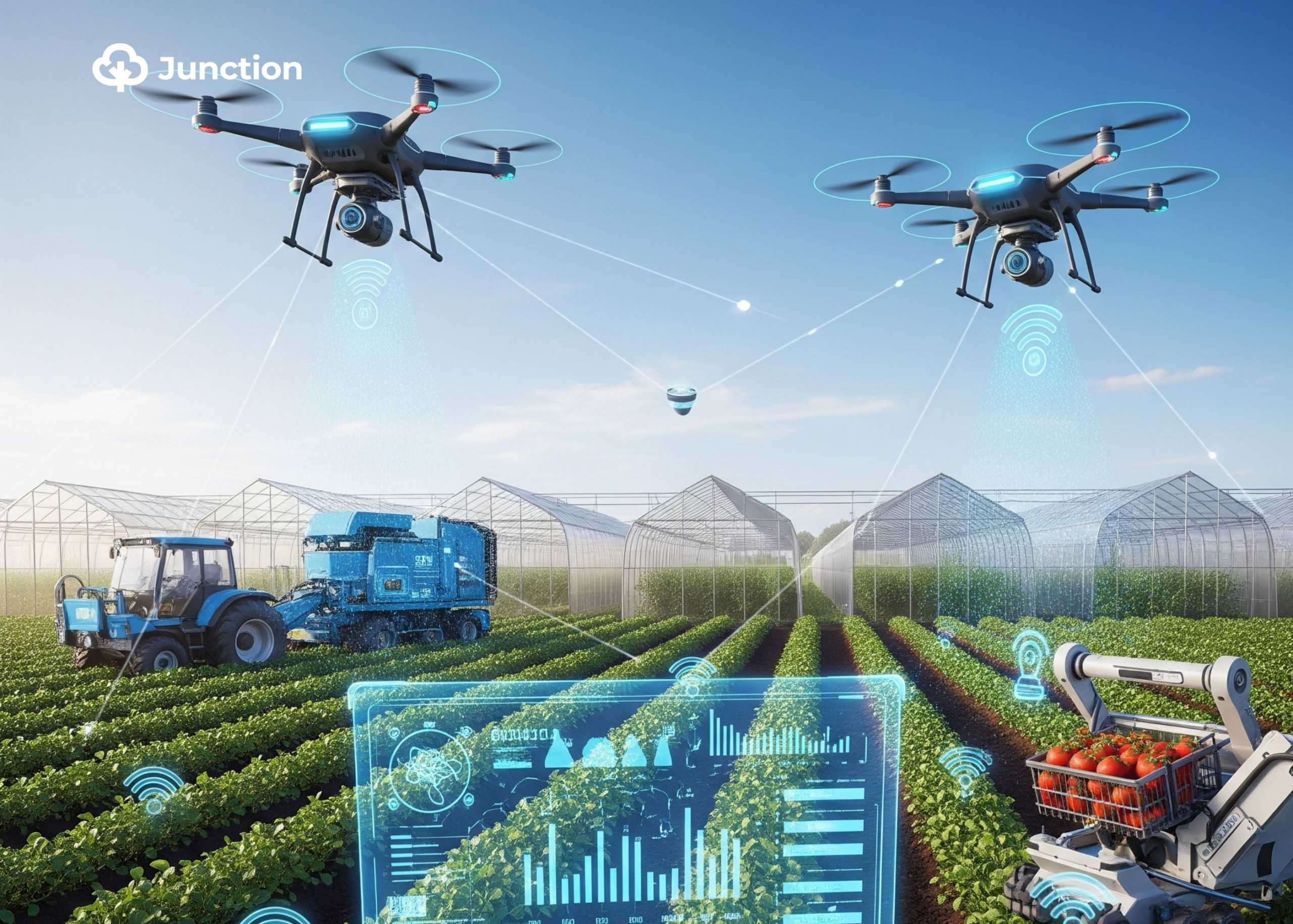News in brief:
– The Nigerian government and FAO have launched a digital agriculture platform to modernise the sector by connecting all actors in the value chain.
– It will tackle post-harvest losses and poor farmer data to boost productivity, attract youth through tech integration, and strengthen food security nationwide.
The Federal Government of Nigeria, in collaboration with the Food and Agriculture Organisation (FAO) of the United Nations, has unveiled a groundbreaking initiative to digitise the country’s agricultural value chain through the Nigeria Agri-Innovation and Digital Agriculture Platform.
Announced at the Inception Workshop of the FAO Digital Village Initiative in Lagos, the platform aims to address key challenges facing the sector. It will target post-harvest losses, poor data on farms and farmers, and limited market access by leveraging technology and collaboration.
Minister of Agriculture and Food Security, Senator Abubakar Kyari, described the platform as a “digital nervous system” that would connect farmers, inputs, funding, processors, transporters, retailers, and consumers to foster transparency and accountability.
“We will work closely with states, communities, and the private sector to ensure the platform is people-centred and locally owned,” he said. “A key highlight is our strategic partnership with NIMC to authenticate the national farmer registry using NINs—starting with a pilot in Nasarawa State. This is a vital move toward a unified digital identity system for farmers.”
FAO Representative in Nigeria, Dominique Koffy Kouacou, affirmed the global body’s commitment to supporting Nigeria’s digital transformation in agriculture through smart farming, data analytics, and mobile tools. These innovations, he said, will boost productivity, reduce waste, and strengthen food security.
Lagos State Commissioner for Agriculture, Ms. Abisola Olusanya, pledged the state’s readiness to serve as a model for implementing the initiative.
Experts at the workshop highlighted how digital agribusiness hubs and tech-driven platforms can eliminate middlemen, link farmers to buyers, and engage the youth. They stressed that integrating agriculture with digital trends on platforms like TikTok and Instagram could attract younger Nigerians to farming.
The initiative marks a major step in modernising Nigeria’s agriculture and building a resilient, tech-enabled food system.



